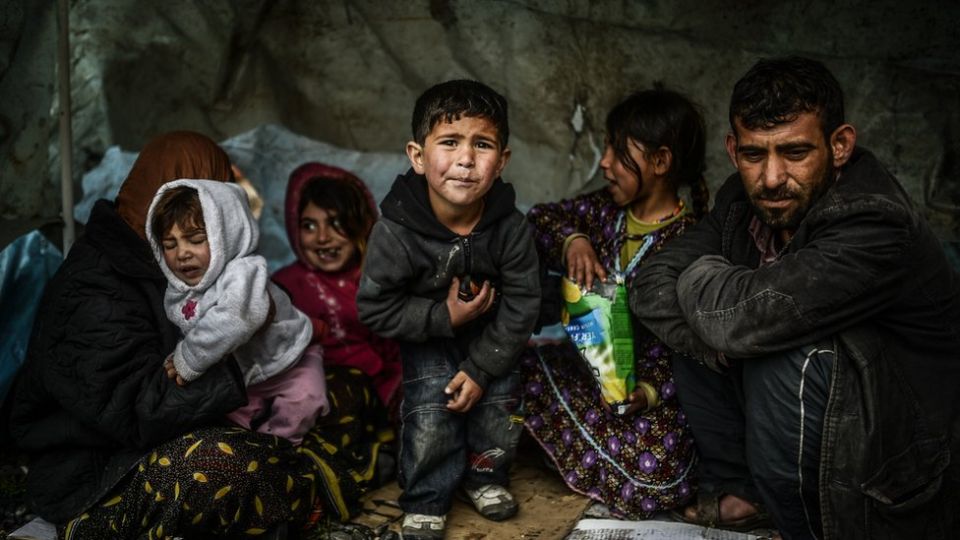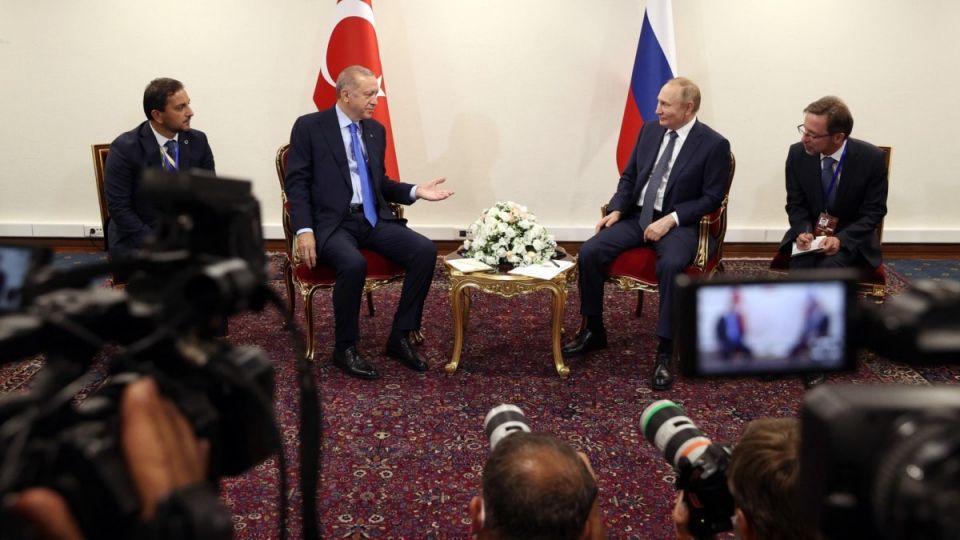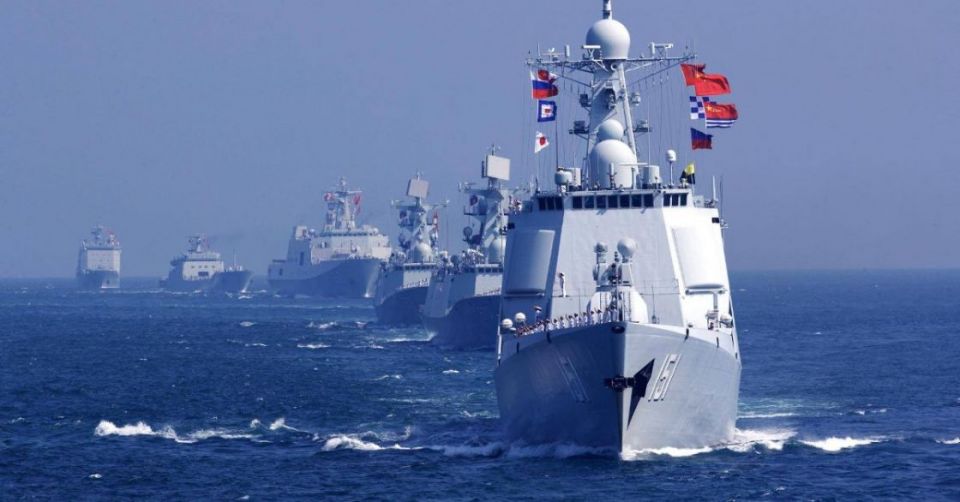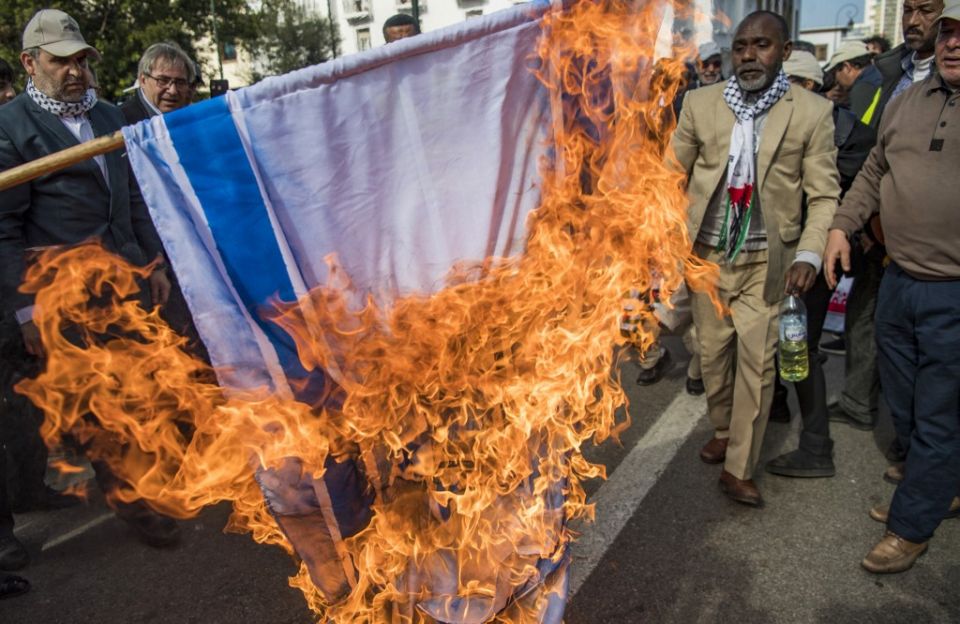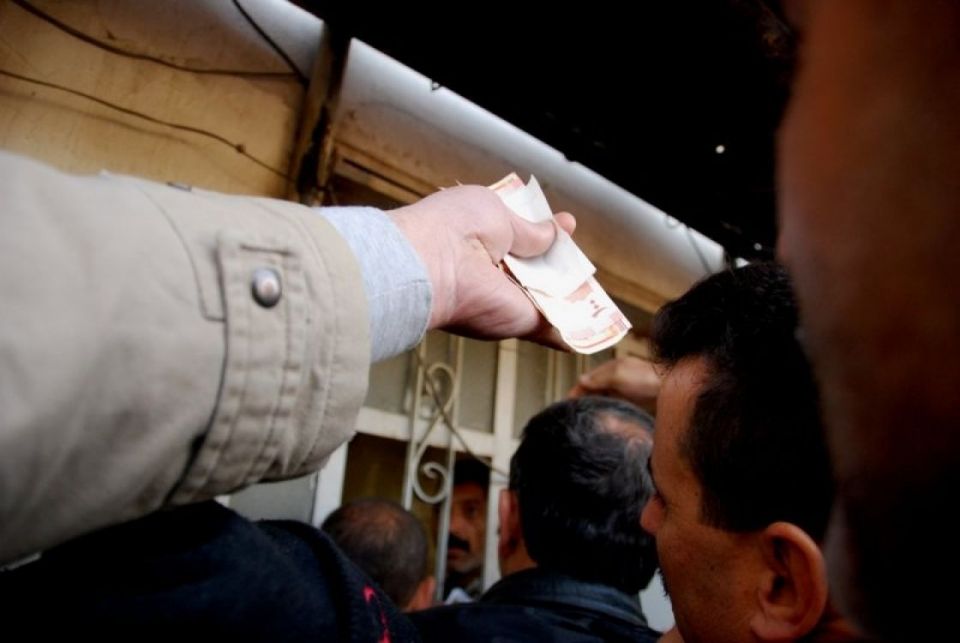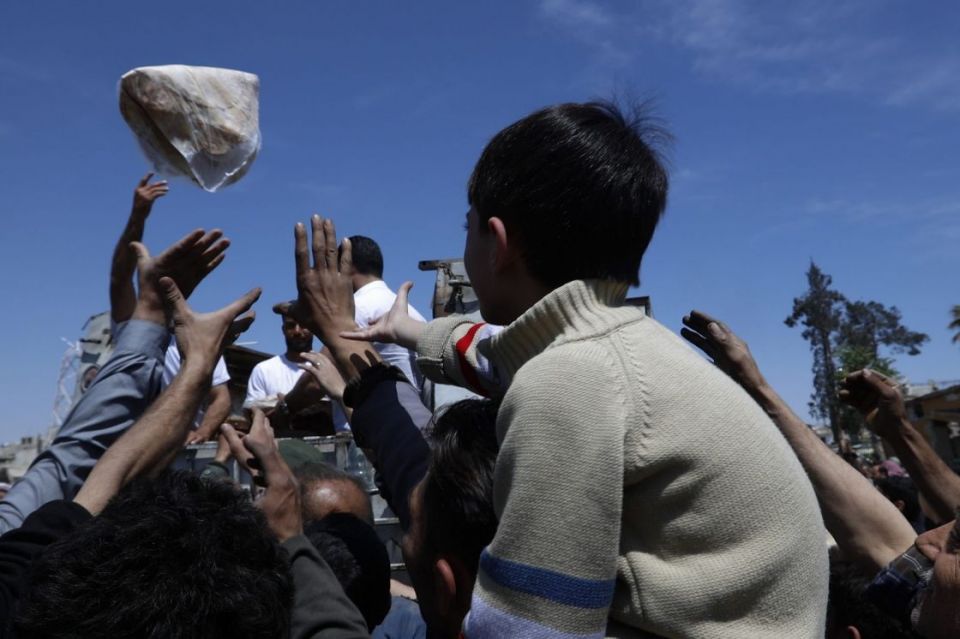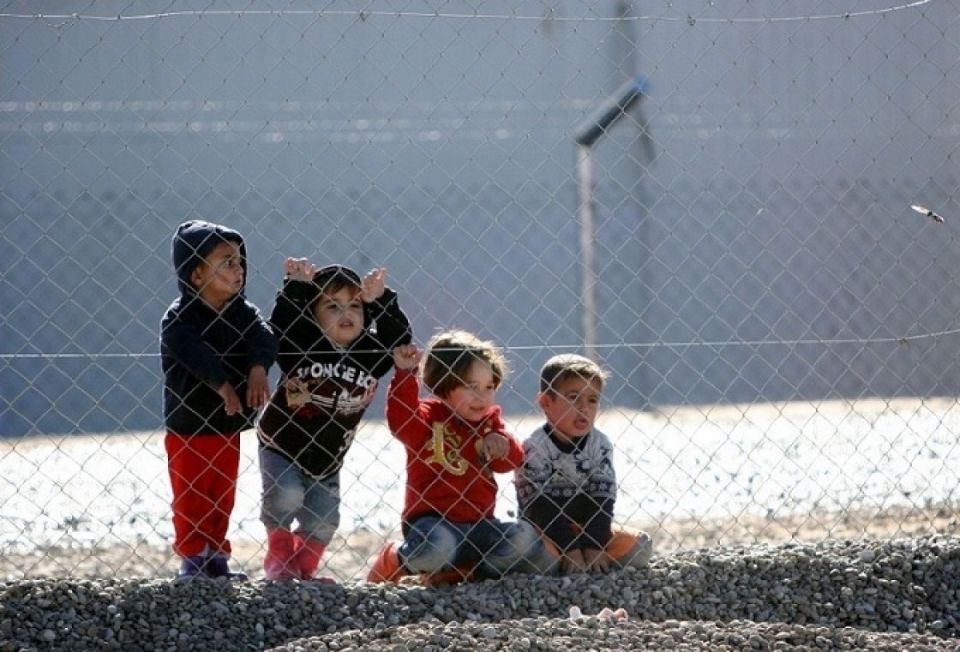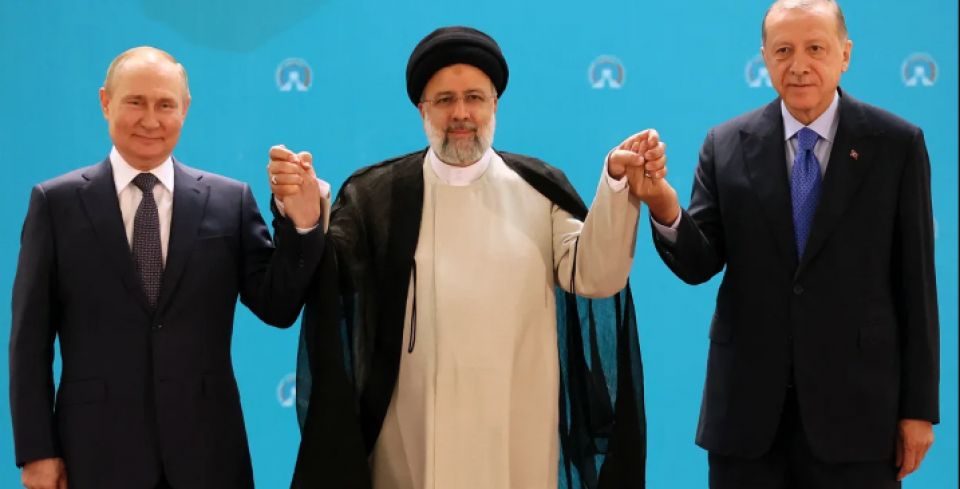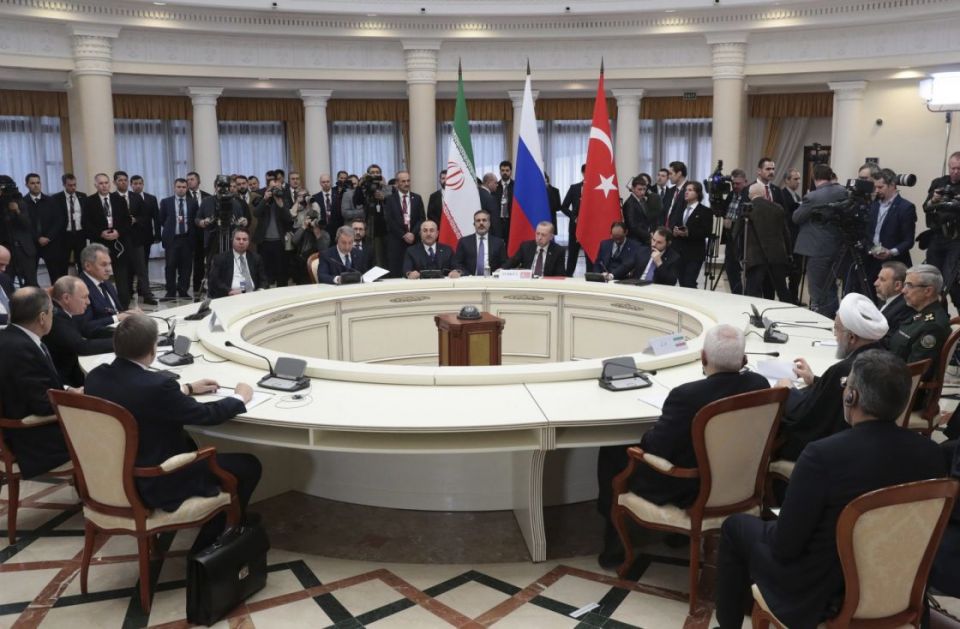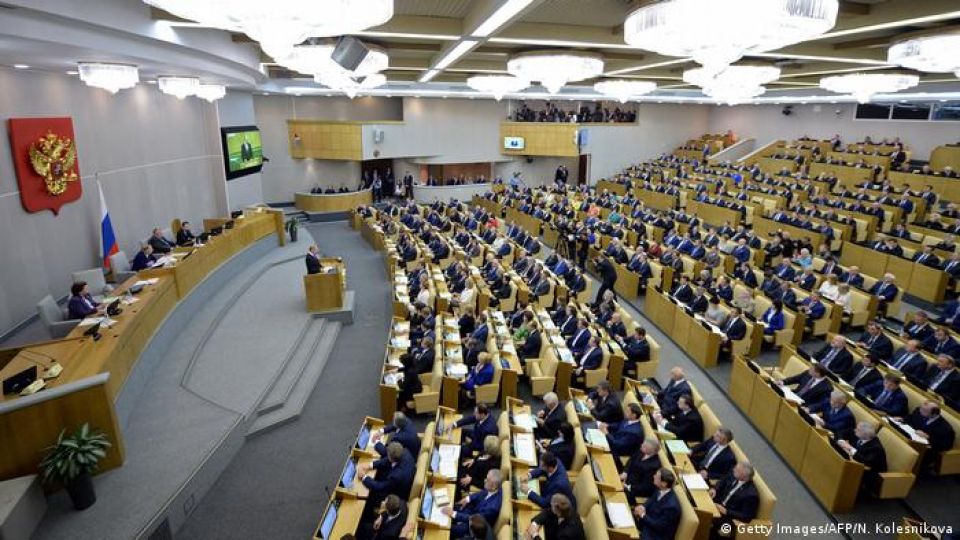
kassioun
email This email address is being protected from spambots. You need JavaScript enabled to view it.
The process of reducing subsidies began to accelerate towards lifting it with the tenth five-year plan, that is, since 2005 with the official adoption of the so-called “social market economy”. It was clear since its inception that it was mapped out based on the recommendations of the IMF and the World Bank, which have one recipe for all “periphery states”. The recipe, which is based on low wages and weak production, reinforces Western hegemony and promotes the migration of brains and human resources.
Recent statements by the Turkish Foreign Minister on Syria provoked a wave of reactions that were predominantly tense on the part of the extremists from the Syrian sides. This is not surprising, of course, since we have become accustomed to the extremists doing their utmost to obstruct any step that would bring us closer to a solution.
Scholars of World War II history agree that among the most important reasons for the collapse of Nazism at the time, was its opening two major fronts together, the first in 1939 and the second in 1941.
Although our region is the most affected in the whole world by the Jewish Agency and global Zionism, what is quite surprising and requires searching for an explanation, is the behavior of the Arab media, which at best sufficed with reporting news about the ongoing confrontation with it in Russia, without deeply going into analyzing the matter and trying to understand its dimensions. Even the Arabic-speaking Russian media, including Russia Today and Sputnik, have not yet given the issue the space it deserves.
Hardly anyone argues today that official wages in Syria are no longer able to cover some of the actual costs of living. We have explained on several occasions on the pages of this newspaper that the State apparatus in the country has long stopped paying actual wages to its employees, whose number in 2020 was estimated by the Central Bureau of Statistics at 1,595,475 workers, out of 5,726,290 workers in general.
Talking about the global food crisis is no longer just speculations and warnings done by some, as the countries of the world, the countries of the global south in particular, have made real steps in this direction. At the Syrian level, where we are already suffering from food insecurity, the country is effectively left to the unknown, to be a prey between the jaws of the global food crisis, which is still not clear where it is headed yet. In addition, internal plunderers are ready to seize any crisis that increases the accumulation of wealth above their already accumulated wealth.
The catastrophic economic and social repercussions of the Syrian crisis have affected society in general, but they have affected the situation of Syrian children more deeply, entrenching them as the most vulnerable and fragile group in the country. Part of this group was forcibly pushed into the labour market in order to contribute to their families efforts to fill the huge difference between the minimum costs of food for the family and the minimum of wages. At the same time, most of these children live under conditions that threaten them with consequences throughout their entire lifetime.
What is more important than reciting the details of the failure of the American goals from the Jeddah summit – which filled various media outlets, including American ones – is interpreting the meanings and dimensions of that failure:
Since the Syrian crisis erupted in 2011, we have argued that dialogue and a political solution are the only way out. It took a year and a half for the Geneva Communiqué to be issued in June 2012, which endorsed the principle of a political solution, but the battles on the ground continued and escalated. Then, more years passed until UNSC Resolution 2254 was adopted at the end of 2015, which laid out the map for the solution and became an important turning point, not only at the Syrian level, but also at the international level as an indication of the beginning of an actual entry into the new international balance stage. Despite that, ending the military operations did not succeed until a qualitatively new international-regional process was formed, which is the Astana process that emerged at the end of 2016, and was not able to end the conflict in its military form until mid-2019.
During a meeting last Tuesday with the leaders of the political parties of the Duma, in response to the call to put “socialist tasks into practice”, Putin said: “I don’t see anything bad in the socialist idea, the issue is how to implement it, especially with regard to the economic situation”.


